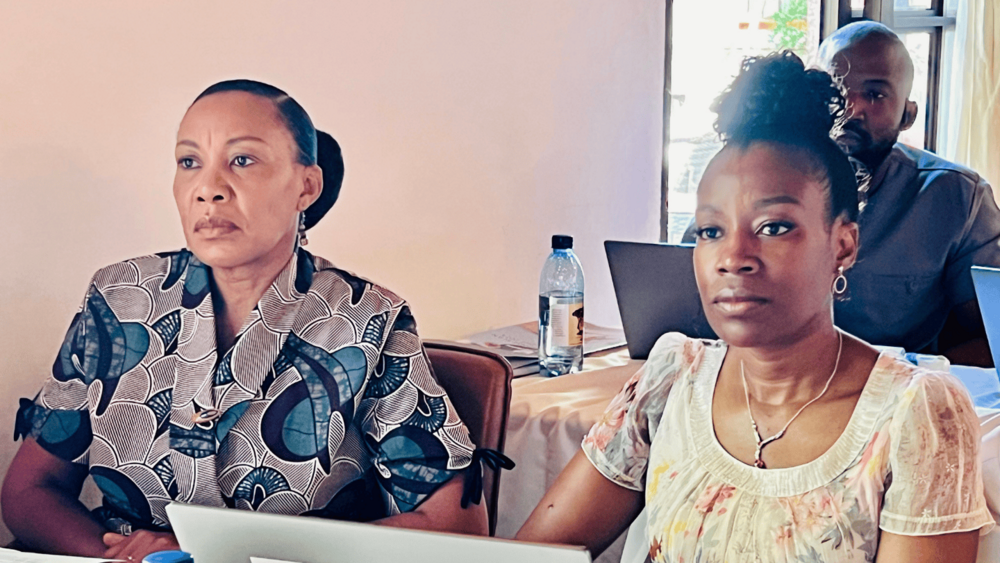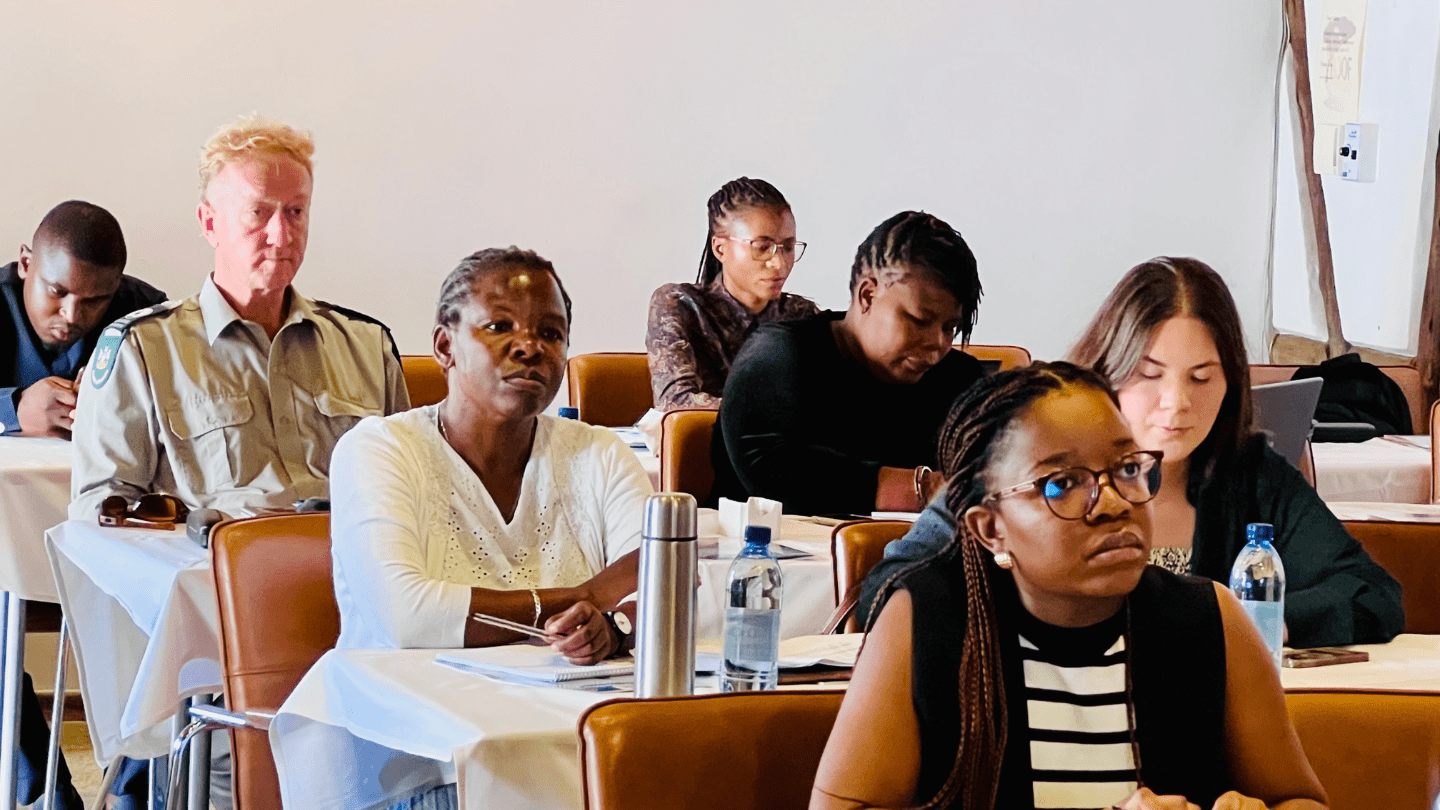
WINDHOEK, Namibia – The Office of the Prime Minister (OPM), with financial support from the World Food Programme (WFP), led a multi-stakeholder meeting on 13 February to review the progress of Namibia’s drought response efforts.
The meeting brought together key stakeholders, including government ministries, UN Namibia, and civil society organizations, to assess the implementation of the 2024/25 Drought Response Plan, address challenges, and enhance coordination among all actors involved.
With more than 1.4 million people affected by food insecurity, the Namibian government declared a State of Emergency on 22 May 2024.
To mitigate the impact of drought, the Cabinet approved the drought relief programme, which led to the development of the drought response plan for the period 1 July 2024 to 30 June 2025.
In response, the United Nations (UN), through the UN Central Emergency Response Fund (UNCERF), has mobilized funds to support government-led interventions and bridge critical funding gaps.
As part of these interventions, the United Nations Population Fund (UNFPA), through the CERF-funded project, is implementing critical measures aimed at lifesaving protection support for women, men, boys, and girls in drought-affected communities. These efforts focus on mitigating gender-based violence (GBV) and ensuring access to essential services.
Providing an update on the United Nations Population Fund’s efforts during the meeting, Letisia Alfeus highlighted that the organization is delivering integrated sexual and reproductive health (SRH) services, distributing dignity kits, and facilitating gender-sensitive life skills education.
She noted that UNFPA is also working to update GBV referral pathways, support shelters and GBV Protection Units, and enhance access to essential GBV services, including psychosocial support.
Additionally, mobile outreach services are being deployed to improve access to SRH services, particularly for survivors of sexual and gender-based violence (SGBV).


